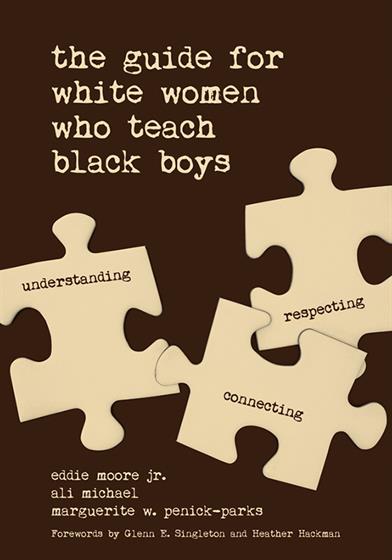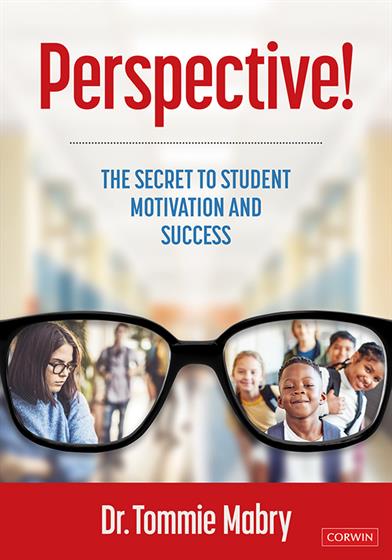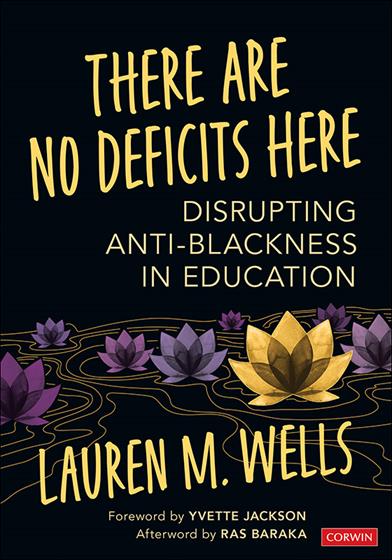Culturally Adapted Social, Emotional, and Behavioral Support for Black Male Learners
By Aaron Rachelle Campbell, PhD; Mary Rose Sallese, PhD; Julie L. Thompson, PhD; Constance J. Fournier, PhD; and Meghan Allen, MS
Remedial and Special Education; 2023
Black students aged 5 to 21 are more likely to be identified with emotional and behavioral disorders (EBDs) than students in any other racial group, and research has shown these students are both overrepresented and horrifically underserved. In this study, researchers describe a successful multi-tiered approach to treating students with EBDs that could change how your school serves these children.
Students with EBDs experience more than double the out-of-school suspensions compared to the closest disability category and four-and-a-half times more overall suspensions than any other disability category. And there is a greater risk of exclusion for Black males with EBDs than for other student groups because Black students with disabilities are more likely to experience disciplinary removals than other racial groups.
Researchers observed a significant decrease in externalizing problem behavior when using an intervention packaged that combined specialized social-emotional learning curriculum, check-in/check-out protocols, and widely available self-monitoring software on an iPad. This finding is unique in the literature and suggests a promising method for schools and districts who wish to attempt this work.
Related Titles
Resources
Excellent supplemental materials with a questionnaire, interview protocol, and checklist are included at the end of the article. A book selection filled with inclusive read-aloud literature featuring Black main characters and SEL competencies is also available for download. We have highlighted some of those materials here:
Reflection Questions and Next Steps
- Are there elements described in this study that you could apply to the students you serve?
- Have you used an SEL curriculum in your classroom? Was it culturally adapted? If not, do you think that using one might have a meaningful impact on your students?
- How might the use of technology like an app entice students in monitoring their own behavior?
- Are elements of the CA-SEL Curriculum and Check-in/Check-out routines used in your school? Which ones?
- Which colleague(s) or administrator(s) might be best in supporting you in your journey of learning more about Strong Start, Check-in/Check-out, and I-Connect?
- Why would self-monitoring software like I-Connect make such a significant difference to the outcomes described by the researchers?


